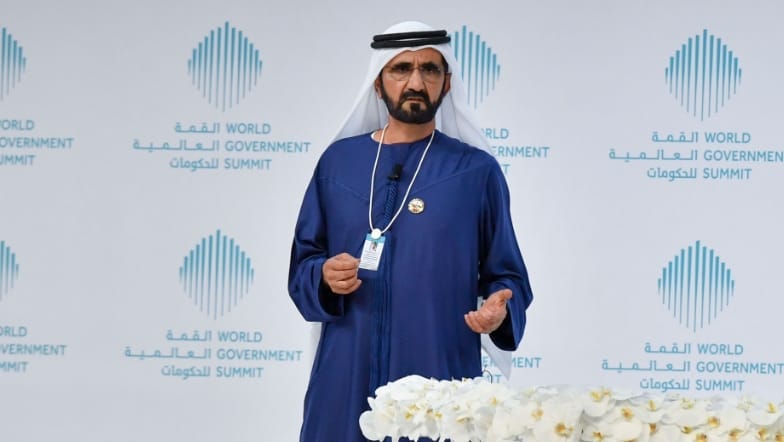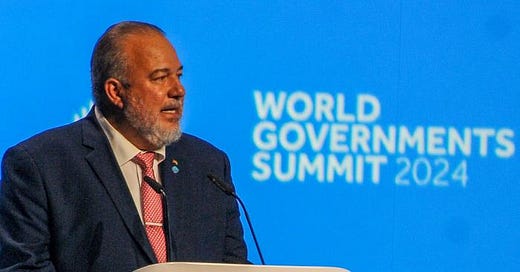Cuba and the World Governments Summit 2024
The sharing of insights and tech gains across cultures and ideologies
A Cuban delegation headed by Prime Minister Manual Marrero Cruz participated in the ninth World Governments Summit in Dubai, United Arab Emirates, from February 12-14, 2024. Cuban participation in the Summit was a reflection of its commitment to the principle that governments, organizations, leaders, and intellectuals from all over the world ought to engage in sustained dialogue across civilizations, in spite of differences in ideologies and political-economic systems, seeking a greater understanding of and practical solutions to the common problems that humanity confronts.

The World Governments Summit was established in 2013 under the leadership of His Highness Sheikh Mohammed bin Rashid Al Maktoum, Vice President and Prime Minister of the United Arab Emirates and Ruler of the Emirate of Dubai. The annual summits seek to promote cutting…


